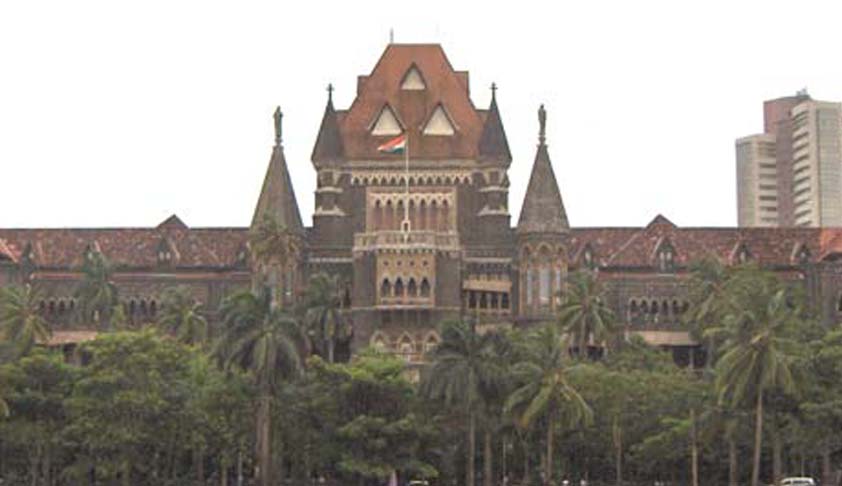Non-bailable warrants should be issued after exhausting other options: Nagpur Bench of Bombay High Court
Apoorva Mandhani
15 May 2014 1:41 PM IST

Next Story
15 May 2014 1:41 PM IST
The Nagpur Bench of the Bombay High Court, in a judgment on May 6 ruled that Non-bailable warrants (NBWs) should be issued against defaulters only after exhausting other remedies available under law to recover arrears. It subsequently quashed a warrant issued against a man for failing to pay interim maintenance to his wife.Petitioner, Mr. Sachin Bodhale, filed this petition under Article 227...
